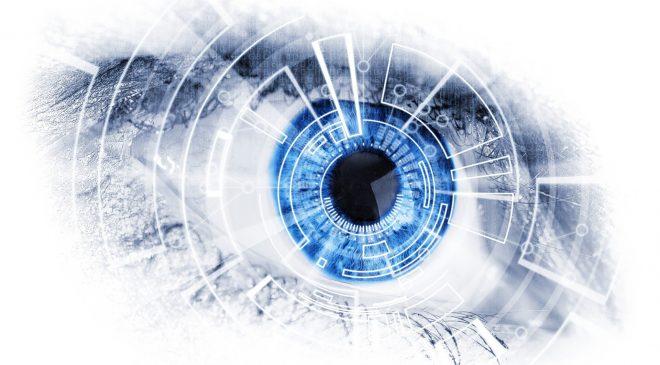Employees are being asked to do more work with less support
A survey commissioned by UiPath, a leading enterprise automation software company, reveals that 69 per cent of workers in Singapore believe that automation can alleviate burnout and enhance job fulfillment. This figure surpasses the global average of 58 per cent and ranks third highest among all countries surveyed. Additionally, 73 per cent of workers in Singapore view employers utilizing business automation to support employees and modernize operations more favourably than those that do not.
The survey highlights the increasing workload placed on employees, with 47 per cent of Singaporean respondents stating that they have been asked to take on additional tasks due to layoffs or hiring freezes in the past six months. Consequently, 26 per cent of workers in Singapore report feelings of burnout. To combat this, more employees are turning to AI tools for relief, giving rise to what UiPath refers to as the “Automation Generation.”
The Automation Generation represents professionals across various age groups who embrace AI and automation technologies to enhance collaboration, creativity, and productivity. These workers seek technology that enriches both their professional and personal lives, preventing them from feeling like mere robots themselves.
The survey reveals that 49 per cent of Singaporean workers are already using business automation solutions, ranking second highest globally. Among this group, 87 per cent feel adequately supported in their jobs, and 81 per cent believe that automation can address burnout and improve job satisfaction.
Key findings from the survey of 581 Singaporean workers include:
- Automation Generation workers desire flexibility, upward mobility, and reduced time spent on manual tasks, with 47 per cent seeking more flexible work environments, 43 per cent desiring more time for skills development, and 42 per cent aiming to decrease manual task loads.
- Workers are increasingly seeking automation and AI-powered tools to assist with mundane, repetitive tasks. 69 per cent of Singaporean workers believe that automation can address burnout and improve job fulfillment. The tasks workers are most interested in automating include data analysis (58 per cent), data input/creation of datasets (54 per cent) and resolving IT/technical issues (50 per cent).
- Workers using business automation solutions report increased productivity (55 per cent), more accurate work (46 per cent), and improved internal workflows (45 per cent).
- Regardless of job role, 55 per cent of workers are interested in becoming citizen developers to create new automations that enhance their work-life balance.
- Over half of workers across generations (Generation Z: 85 per cent, Millennials: 72 per cent, Generation X: 65 per cent, Baby Boomers: 57 per cent) believe that automation would help them perform their jobs more effectively.
The leading contributors to burnout among Singaporean workers are pressure from managers/leadership (40 per cent), excessive time spent on tactical tasks and working beyond scheduled hours (38 per cent), and uncertainty regarding career opportunities within their companies (33 per cent).
Brigette McInnis-Day, Chief People Officer at UiPath, emphasizes that businesses can alleviate the burden placed on employees by deploying AI-powered automation in an open, flexible, and enterprise-ready manner. Such an approach will attract and retain employees who thrive in an automation-first world, promoting work-life balance, career growth, and engagement.
Jess O’Reilly, Area Vice President, Asia at UiPath, highlights the potential of automation to help organizations navigate challenges in the volatile Singaporean economy. By augmenting the capabilities of the human workforce with automation, companies can enhance job satisfaction, increase productivity, and ensure sustainable business growth.





